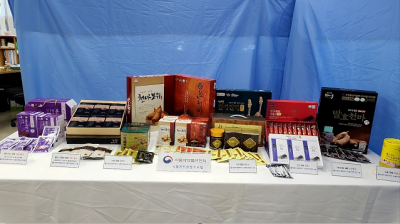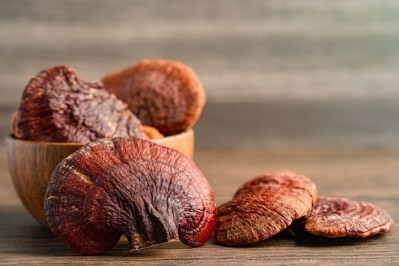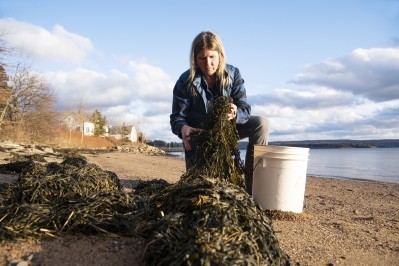Cutting the red tape: Singapore urges baby cereal manufacturers to update food safety management

Current regulations for baby cereal products to be imported into Singapore require mandatory Aflatoxin B1 tests prior to entry, a costly and time-consuming requirement.
In an effort to reduce this bottleneck, the Singapore Food Authority (SFA) has introduced a new voluntary imports scheme allowing for any registered manufacturer to bypass this requirement as long as it updates its own food safety management practices.
“This new voluntary scheme will involve manufacturers of infant cereals heeding several new pre-import control measures including having in place [their own] food safety management and assurance programme,” SFA said via a formal statement to the World Trade Organisation (WTO).
“The programme must ensure that products are processed under hygienic and sanitary conditions, and that products comply with [existing regulations and are] supported by relevant testing and monitoring, including for Aflatoxin B1.
“The registered manufacturer must also register their suppliers with SFA [with] verification done on a regular basis with supporting documentation – these supplier documents and laboratory reports need not be submitted, but must be properly maintained and may be subject to checks by SFA.”
Previously the manufacturers and importerts of all such imported products were required to submit documentary proof that these products were manufactured on premises permitted by local food authorities, and every consignment of products required individual Aflatoxin B1 reports as well, resulting in longer waiting times and higher costs for imports.
“At this time the scheme remains completely voluntary – for importers that do not wish to participate, current pre-import control measures remain applicable and unchanged,” said SFA.
“Some examples of regulated source documents that SFA accepts as documentary proof include Hazard Analysis Critical Control Point (HACCP) certificates, Good Manufacturing Practices (GMP) certificates, food authority-issued health certificates or export attestations and so on.
“Additionally, although this is not mandatory [all parties are] encouraged to initiate quality control checks on the products intended for import by sending these to accredited laboratories for analysis [regardless] of participation in this scheme or not.”
The scheme is open for comments by consumers, Singapore’s trade partners and the infant cereal industry until February 20 2023. Any submissions can be made via the relevant WTO contact that can be found here.
Labelling requirements
It must also be noted that all participants in this scheme would still need to obtain an import permit as well as comply with general food labelling requirements in order to be allowed entry.
“Food labels are one of the most important and direct means for sellers to communicate product information to buyers [and] one of the primary means by which consumers differentiate between individual foods and brands to make informed food choices at point of sale, before consuming,” said the agency.
“These also help consumers to identify a food product in the case of food safety incident [thus] all pre-packed food products for sale in Singapore must be labelled according to the general labelling requirements of local Food Regulations.”
SFA has appointed several food labelling consultants in four local tertiary institutions – Nanyang Polytechnic, Republic Polytechnic, Singapore Polytechnic and Temasek Polytechnic – to help food manufacturers and importers with their labelling applications.














